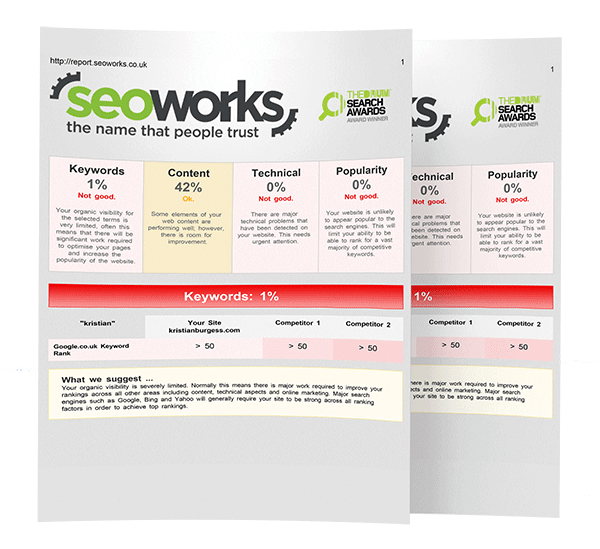Seasonal SEO and Forecasting Big Events
Right now, there are a large number of websites that fail to take into account seasonal SEO activity. It is something that often goes ignored by website owners, even though it can have a highly beneficial effect on rankings. Even though any potential ranking increase would be temporary there is always the possibility that it could lead to higher rankings in the long run; especially regarding periods of the year which are fixed, such as Christmas and Valentines Day.
Why Should I Care About Seasonal SEO?
Many people choose to ignore seasonal SEO because they think that the positive effects it has on rankings are only temporary. While in many cases this is accurate, it also serves as a great platform to increase rankings in the long run. If you are able to bring in visitors with seasonal SEO, there is always the possibility that they will start visiting your site regularly. This of course will have a knock on effect of improving your rankings in the long term as well as the short term.
What Is The Best Way To Approach Seasonal SEO?
In order to ensure that you are able to get the most out of a seasonal SEO rankings spike, then you will need to plan ahead. It is vital that you know that the potential for a seasonal SEO campaign is coming up and you need to have a plan in place on how you will approach it. This will enable you to hit the ground running and start improving your rankings straight away.
This is especially true for big events like Euro 2016, which has been building up for a few months now. If you are a sports blog or ticket vendor, targeting Euro 2016 phrases as far back as 2014 will have given your site a good history of the phrase and of creating quality content relevant to the Euros – even though they were a long way in the future. It is this kind of foresight about future events that can help give you an edge in the rankings.
How To Run A Successful Seasonal SEO Campaign
Ultimately, the best way to approach seasonal SEO is to plan in advance. This gives your work chance to become indexed by Google and for it to build up some authority, not to mention you can use it in your link building strategy to increase traffic to the site.
To configure your seasonal SEO strategy you need to:
- Pick keywords and pages to target: Make sure that before you start your campaign that you know what the keywords will be and what page you want to rank. This will help prevent you from trying to rank on too many pages at once.
- Don’t publish new pages when they’re not needed: One of the worst things you can do is start making new pages on your site simply to target your seasonal keywords. Unless you have a clear strategy and you know that the pages are necessary, don’t publish them.
- Make sure you publish your seasonal content in advance: Getting in there early means that you will be able to take full advantage of the potential seasonal traffic. Not only that, but many people will search for relevant information in advance of an event. Publishing a blog about a product line you expect to be in stock for Christmas in July is a good example of how you can get some authority with Google for phrases related to those products in time for the shopping season.
- Don’t delete seasonal pages: If you have created a page specifically for your seasonal campaign, you don’t have to delete it once that campaign is over. Simply update it every now and then to try and keep it fresh and then reuse it once the event comes around again. You can also use internal linking on the page so then people who land on the page when it is out of season have the chance to find something else of use on your site.
Ultimately, the most important factor of seasonal SEO is the planning that comes before the campaign. If you are able to create a coherent strategy, then you will have a golden opportunity to really increase your rankings in the short term and potentially keep them consistent in the future.

